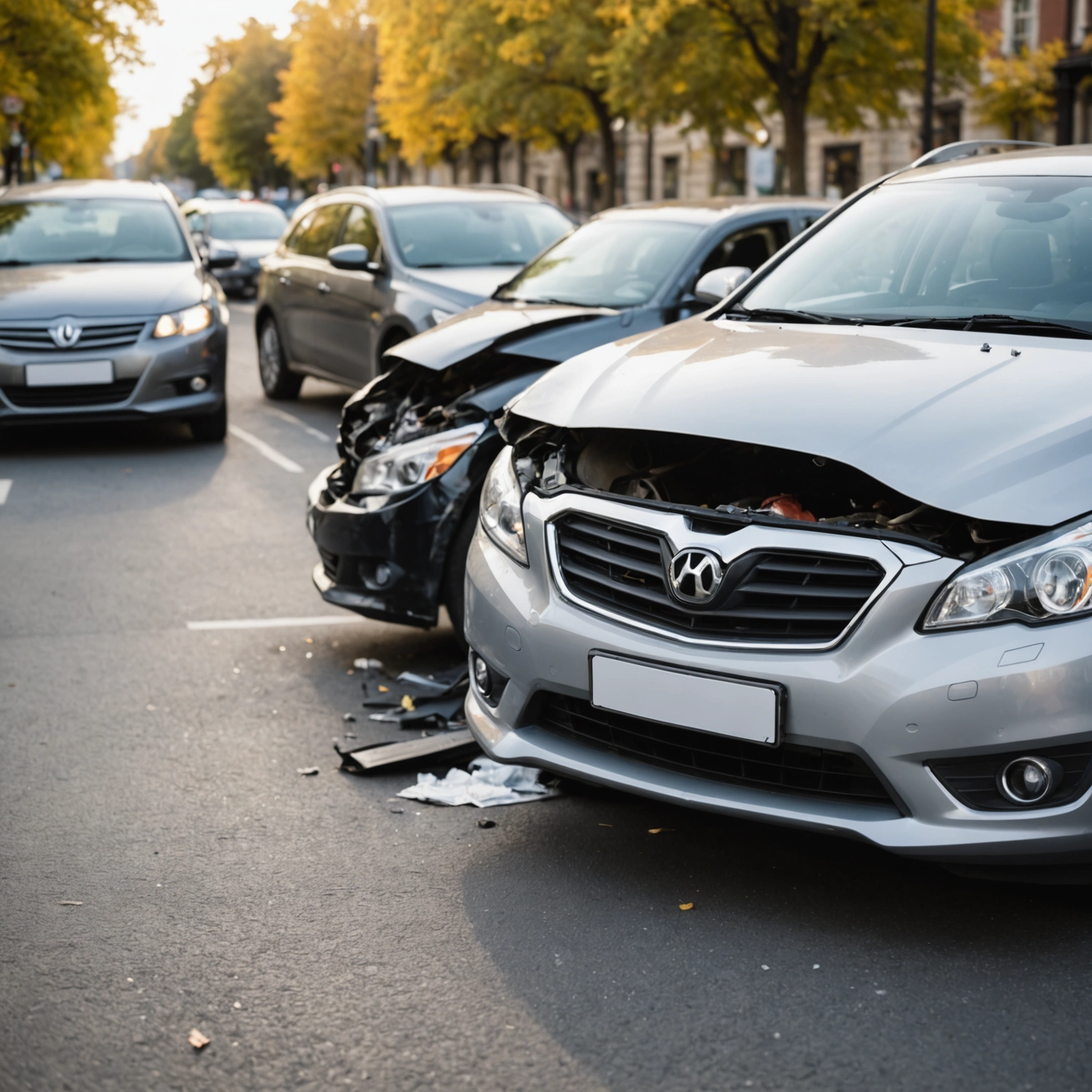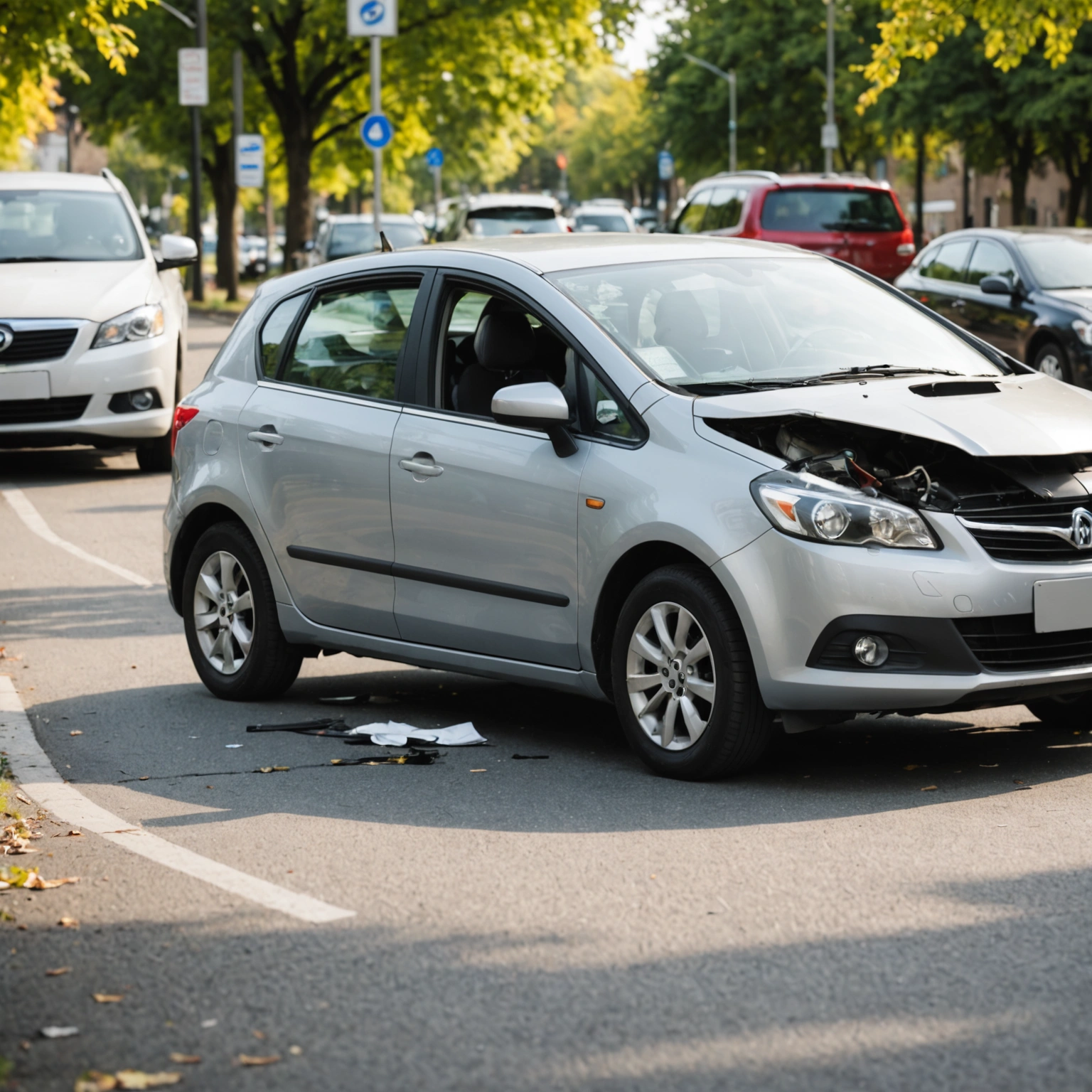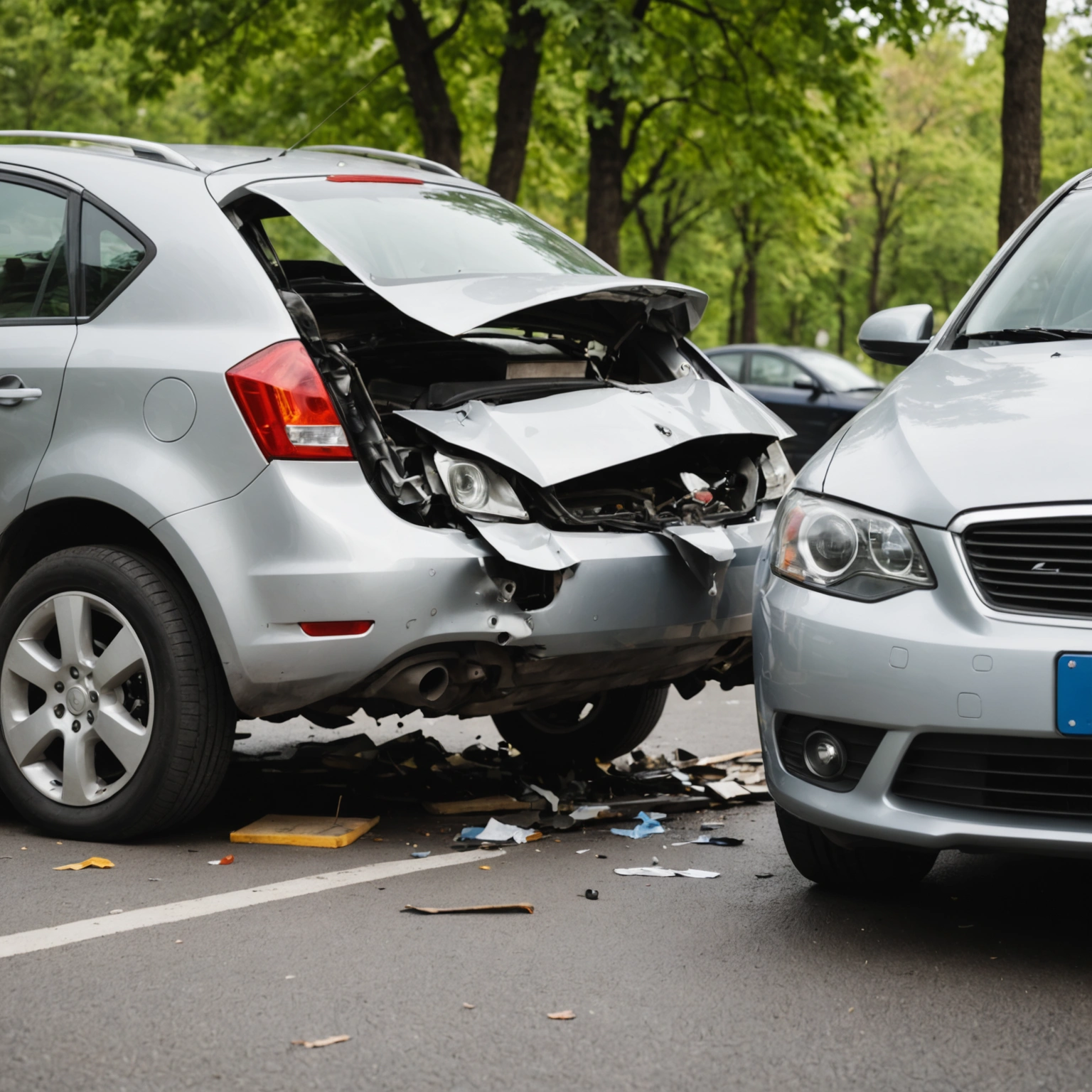**When Will My Car Insurance Go Down After an Accident?**
If you’ve recently been involved in a car accident, one of the common questions you might have is, “When will my car insurance rates go down?” The answer depends on several factors, including the severity of the accident, your insurance provider’s policies, your driving history, and the steps you take afterward. Here’s what you need to know.

### How an Accident Affects Your Insurance Premiums
Typically, an at-fault accident can lead to an increase in your insurance premiums. Insurance companies see accidents as a sign of higher risk, so they adjust your rates accordingly. However, the extent and duration of this increase vary.

### Factors Influencing When Your Rates Will Decrease
1. **Accident Severity and Fault**

– **Minor vs. Major Accidents:** Minor fender-benders may cause a smaller premium increase or none at all, while major accidents tend to have a more significant impact.
– **At-Fault vs. Not At-Fault:** If you’re not at fault, your rates might not increase, or the impact might be minimal, especially if the accident is reported as not your fault.

2. **Insurance Policy and Provider**
– Some insurers have specific policies about how long an accident stays on your record and how it affects your premium.
– Many providers keep accident records for 3 to 5 years.
3. **Your Driving History**
– Maintaining a clean driving record after an accident can help your premiums decrease sooner.
– Some insurers offer accident forgiveness programs that prevent your first accident from affecting your rates.
4. **Time and Good Driving Behavior**
– Generally, your premiums will start to decrease after a certain period of safe driving—often after 3 to 5 years.
– Demonstrating responsible driving habits can also influence your insurer to reassess your risk.
5. **Claim Settlement and Reporting**
– Promptly reporting accidents and ensuring claims are properly settled can influence how quickly your premiums adjust.
### When Will Your Premiums Start to Go Down?
Most insurance companies review your driving record annually. After an accident, your rates might increase immediately or at your next renewal. Over time, as you maintain a clean record and demonstrate responsible driving, your premiums can gradually decrease.
**Typical timeline:**
– **Immediate to 1 Year:** Increased premiums often take effect right after the accident and can last for 1 to 3 years.
– **3 to 5 Years:** Many insurers will consider the accident “aging out” of your record, leading to potential rate reductions.
– **Renewal Periods:** Some insurers reassess your risk at each policy renewal, which can result in a reduction after a few renewal cycles.
### How to Potentially Speed Up Your Premium Reduction
– **Shop Around:** Different insurers have different policies; some may forgive accidents or offer better rates after an accident.
– **Improve Your Credit Score:** In some states, credit scores influence premiums.
– **Take Defensive Driving Courses:** Completing recognized courses can sometimes lower your premiums.
– **Maintain a Good Driving Record:** Avoid further incidents and traffic violations.
– **Ask Your Insurer:** Inquire about accident forgiveness programs or if you qualify for any discounts.
### Final Thoughts
While an accident can temporarily increase your car insurance premiums, responsible driving, time, and proactive measures can help your rates decrease sooner. Typically, expect to see a reduction within 3 to 5 years, but this can vary based on your insurer’s policies and your driving history.
**Remember:** Always communicate openly with your insurance provider, and review your policy to understand how your specific circumstances affect your premiums. Staying informed and responsible is the best way to keep your insurance costs manageable over time.

